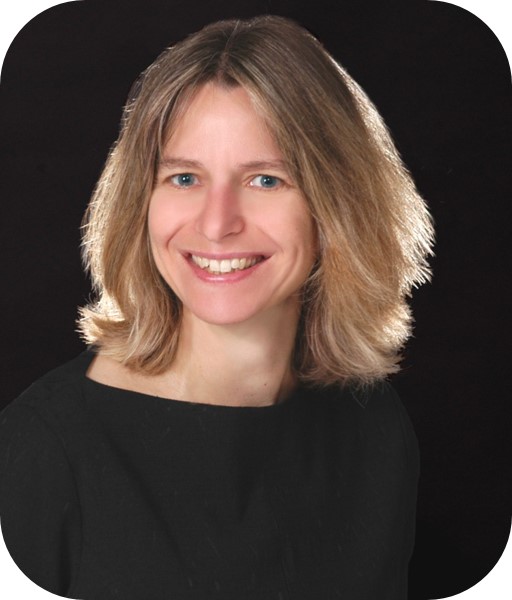Podcast: Play in new window | Download
Subscribe: Apple Podcasts | RSS
Dr. Suzanne Simard is a Professor in the Department of Forest and Conservation Sciences at the University of British Columbia. She received her PhD in Forest Sciences from Oregon State University and she worked as a research scientist at the British Columbia Ministry of Forests before joining the faculty at UBC. Suzanne’s research has been widely featured by media venues, including CBC TV, Black Forests Productions, PBS Nature, NPR, TED-Ed, and the New Yorker. She is also a recipient of the UBC Killam Teaching Award. Suzanne is with us today to tell us all about her journey through life and science.
People Behind the Science Podcast Show Notes
Life Outside of Science
Suzanne’s life revolves around the forest. When she’s not working out the science of forest ecosystems, you can find her hiking in the forest with her kids or friends, enjoying the beauty of nature.
The Scientific Side
In her research, Suzanne examines natural forest ecosystems to understand how we can conserve forests and help them be resilient to change. She studies interactions between individual trees and the belowground networks that connect them.
A Dose of Motivation
“It’s not half so important to know as to feel.” by Rachel Carson
“It’s not what you look at that matters, it’s what you see.” Henry David Thoreau
What Got You Hooked on Science?
A strong connection with the natural world has been with Suzanne her whole life. When she was a little kid, she loved playing in the dirt and examining bugs. Her family on one side were loggers and worked in forestry in the early colonizing days. There is actually a mountain called Simard Mountain named after her family!
The Low Points: Failures and Challenges
It can be really hard to juggle everything in life. When she was a new tenure track professor, her daughters were two and four years old. This was an incredibly challenging period. With teaching, research, publishing, and trying to care for her family, there were times when she wanted to quit. Suzanne shared her own personal struggles and the network of people who helped her through it.
A Shining Success!
Publishing her PhD research was a big success. Part of it was published in the premier journal Nature, and this was a pivotal point in her career. The media caught wind of her work, and her science was translated and made accessible to a wide range of people. This really meant a lot to have her work available for the public to use and enjoy.
Book Recommendations
Getting to Maybe: How the World is Changed by Frances Westley, Brenda Zimmerman, Michael Patton, Wired for Culture: Origins of the Human Social Mind by Mark Pagel
Most Treasured Travel
Suzanne was able to conduct research with one of her students at Toolik Lake Field Station in Alaska. It was great to interact with the other scientists there and see this cold, harsh arctic landscape where there were no trees and everything was living on the edge of survival.
Quirky Traditions and Funny Memories
During her PhD days, she was part of a group called Cosmo Eco Society. They would get together over a few drinks to ponder what ecosystems and science meant in the scheme of the cosmos. Some great ideas and experiments arose from these free and delightfully nerdy conversations.
Advice For Us All
Find that thing that you love, get really good at it, and then do it.
Guest Bio
Suzanne is known for her research on belowground networks of forests, which are characterized by webs of fungi and roots that facilitate communication and interaction between trees and plants of an ecosystem. This hidden communication involves rapid exchange of carbon, water, nutrients and defense signals between trees. Other areas of research include resilience of forests to human and natural disturbances and global change. She is leader of TerreWEB at UBC, a graduate training program dedicated to training graduate students and Post Doctoral Fellows in global change science and its communication.

[…] Dr. Suzanne Simard: Getting to the Root of Underground Signaling in Forest Ecosystems […]